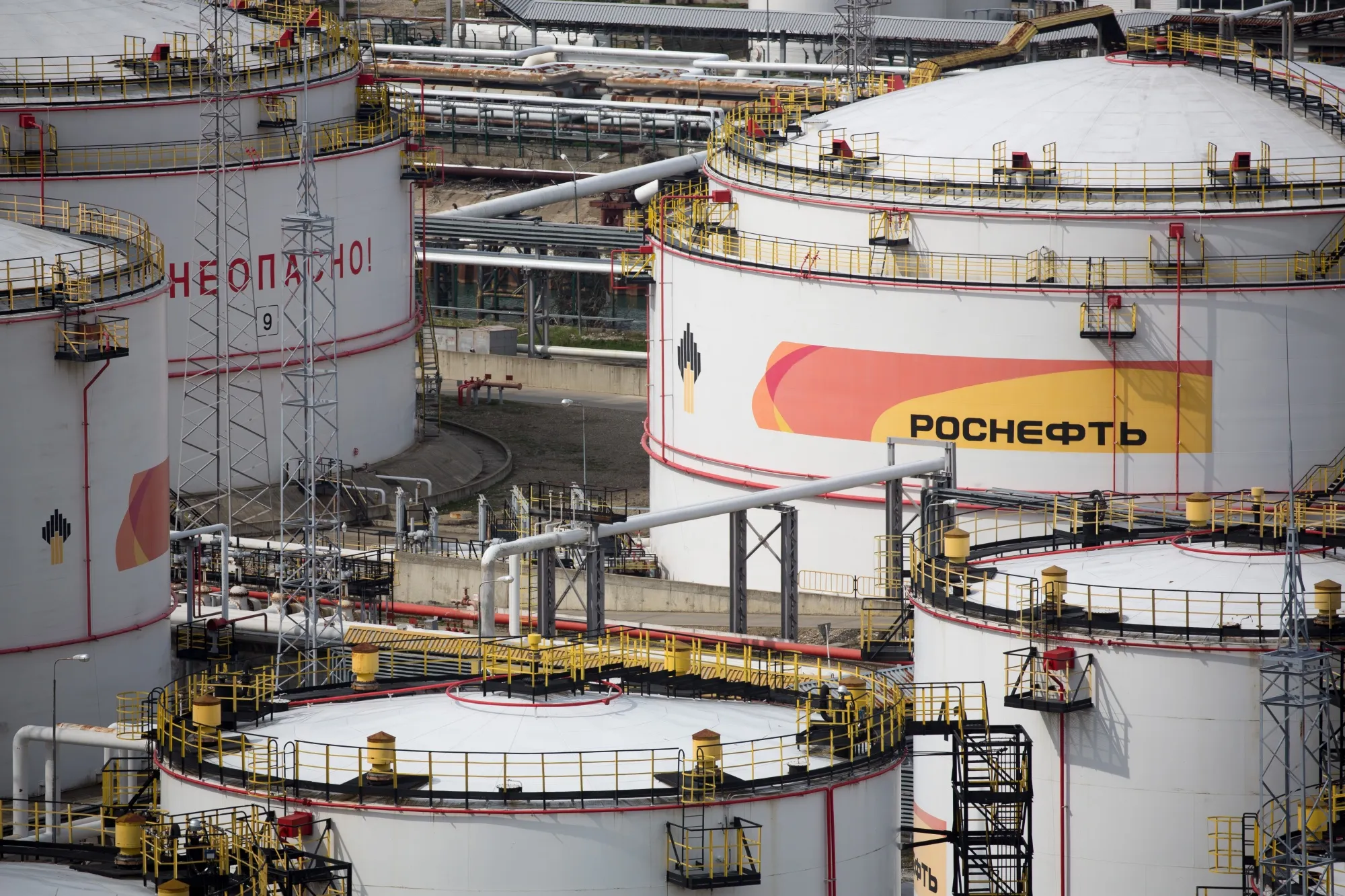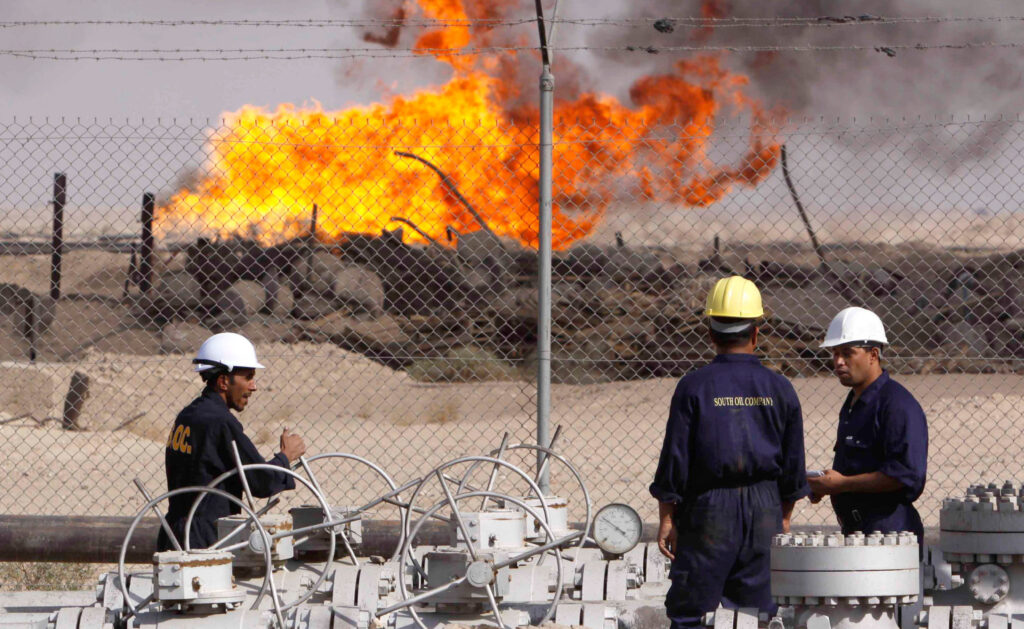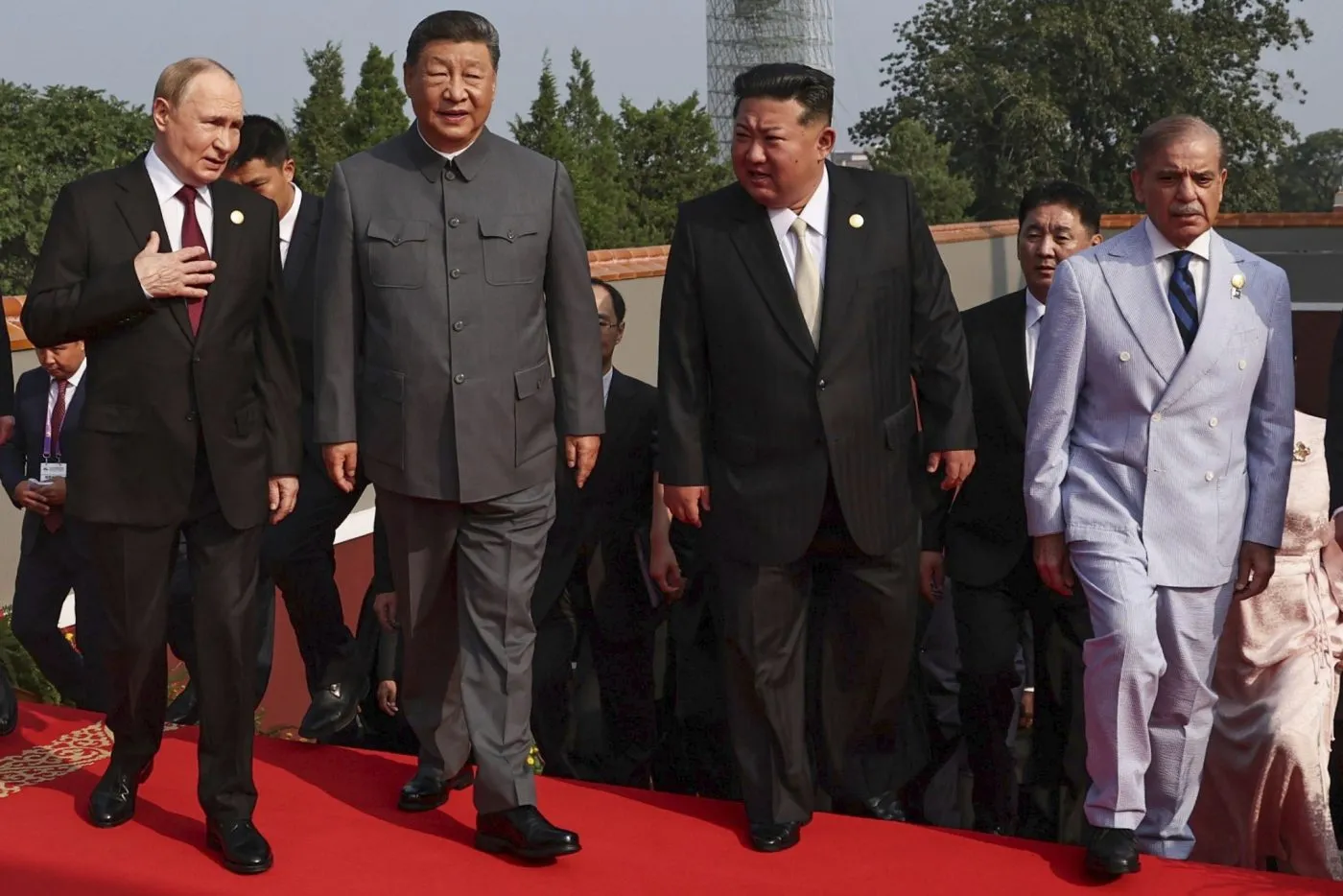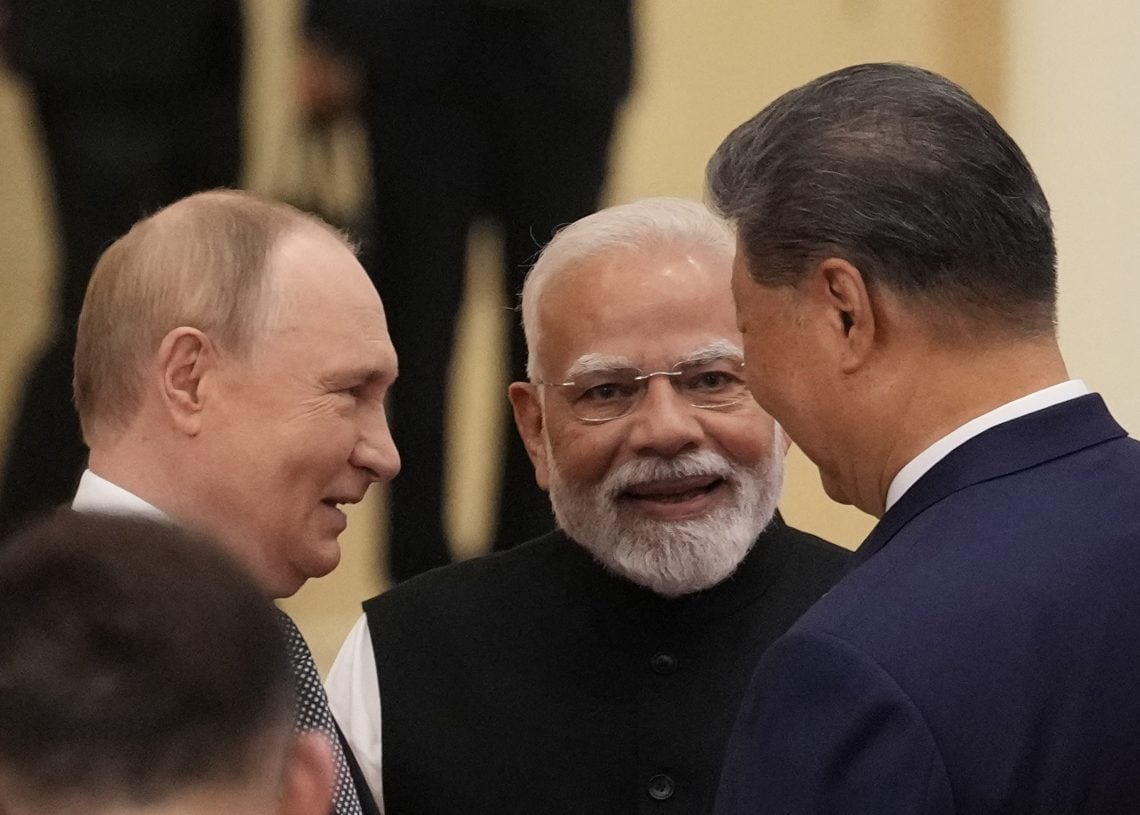Rosneft Expands Oil Supplies to China Amid Deepening Energy Ties

Russia’s state-controlled energy giant Rosneft has signed a major agreement to increase crude oil deliveries to China, signaling the deepening energy partnership between Moscow and Beijing and underscoring the shifting dynamics of the global oil market. Analysts say the deal is part of a broader strategy for Russia to secure alternative export routes amid Western sanctions, while China continues to diversify its energy sources and strengthen strategic reserves.
The Details of the Deal
The agreement, announced on [insert date], will see Rosneft supply an additional [insert volume, e.g., 100,000 barrels per day] of crude oil to China over the coming months. The expanded supply is expected to flow through existing pipelines, including the Eastern Siberia–Pacific Ocean (ESPO) pipeline, as well as via maritime routes from Russia’s Far East ports.
Officials from both countries framed the deal as a continuation of their longstanding energy cooperation, emphasizing stability, reliability, and mutual economic benefit.
Russia’s Motivation
For Russia, expanding oil exports to China serves multiple strategic purposes. Western sanctions imposed following the invasion of Ukraine have curtailed Moscow’s ability to sell oil freely to Europe and other traditional markets. China, as the world’s largest energy importer, represents a reliable alternative market where Russia can negotiate favorable terms.
“This is about securing revenue streams in a challenging geopolitical environment,” said a Moscow-based energy analyst. “China offers a long-term partner that is less sensitive to political pressures from the West.”
China’s Strategic Interests
China, in turn, benefits from preferential access to Russian crude at competitive prices, helping it manage domestic energy costs and build strategic petroleum reserves. Beijing’s energy strategy emphasizes both diversification and long-term security of supply, and Russian oil is increasingly a key component of that approach.
Energy experts note that China’s growing reliance on Russian crude also reflects a geopolitical dimension: ensuring energy resilience amid global uncertainty and Western-led efforts to isolate Moscow economically.
Implications for Global Oil Markets
The deal is expected to have ripple effects across international markets. By redirecting more Russian crude to Asia, Russia is reducing its dependence on Europe, potentially tightening supply in Western markets and influencing global oil prices. Meanwhile, increased Chinese imports from Russia may reduce Beijing’s purchases from Middle Eastern suppliers, altering regional trade flows.
Some analysts warn that such deals could deepen the energy bifurcation between East and West, with Europe and the U.S. increasingly competing for alternative sources while Russia-China energy ties strengthen.
Long-Term Strategic Cooperation
The Rosneft-China partnership is part of a broader trend of deepening Sino-Russian economic ties, spanning not only energy but also infrastructure, technology, and finance. Both countries have invested in aligning their economic policies and trade mechanisms to reduce reliance on Western systems, including the U.S. dollar.
Experts argue that the expanded oil deal reinforces a long-term strategic axis, giving both nations leverage in global markets and providing a hedge against sanctions or supply disruptions.
Conclusion
Russia’s agreement to supply more crude oil to China highlights the evolving contours of the global energy landscape. For Moscow, it is a lifeline in the face of Western pressure; for Beijing, it is an opportunity to secure reliable, cost-effective energy. Together, the deal illustrates how geopolitics and energy markets are increasingly intertwined, with implications for prices, trade flows, and global economic stability.
As the energy partnership deepens, observers will be closely watching how this shift affects both Western energy security and the broader geopolitical balance between East and West.




















